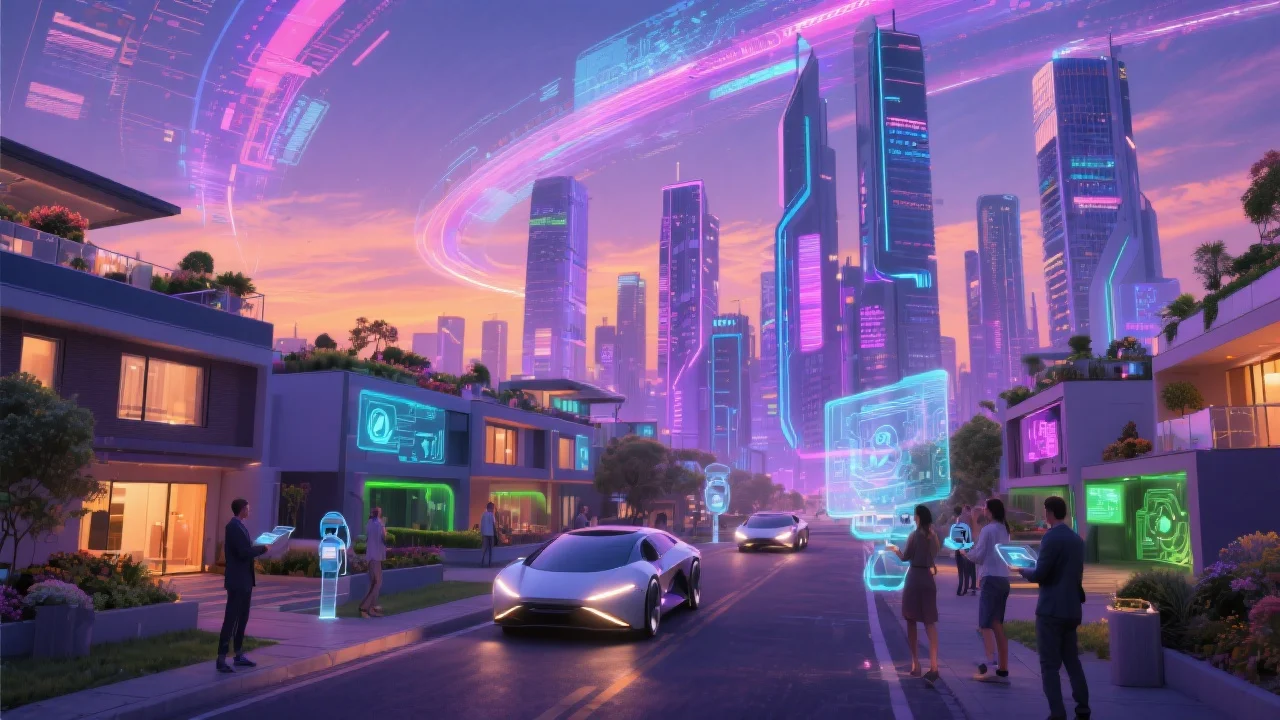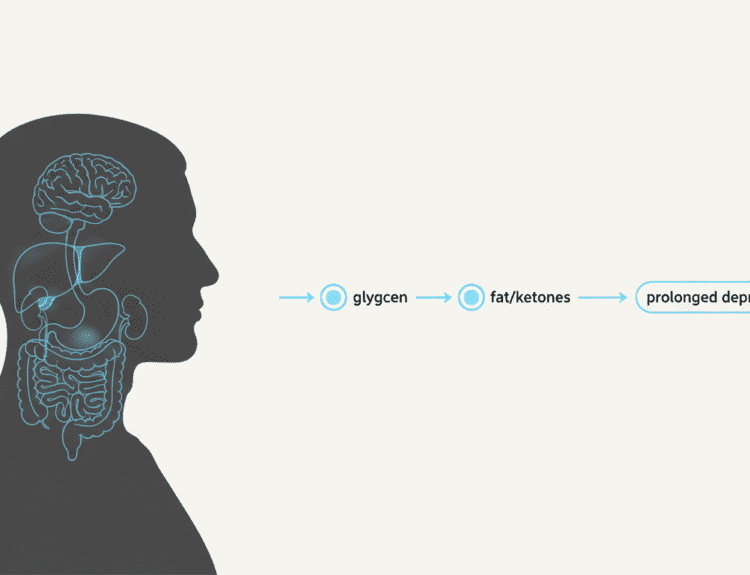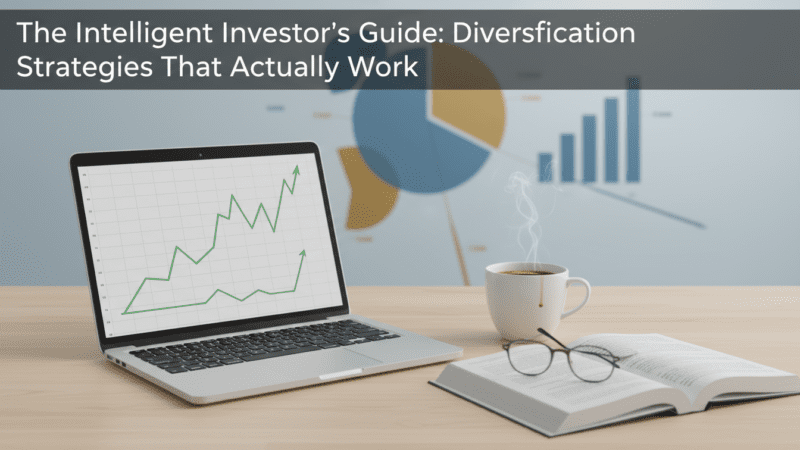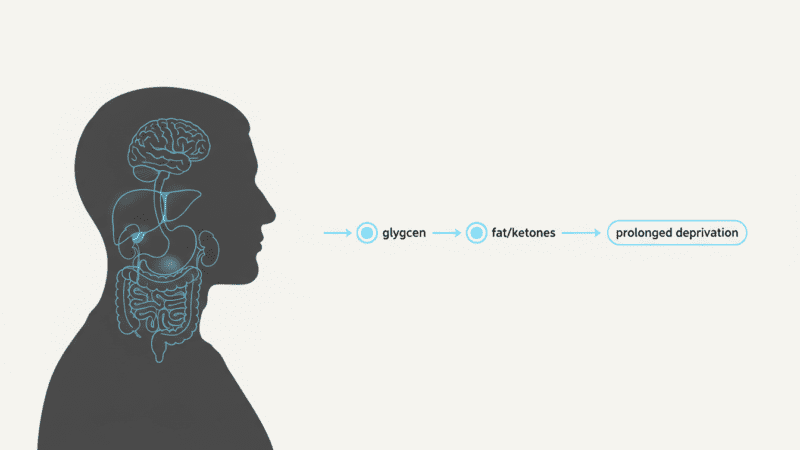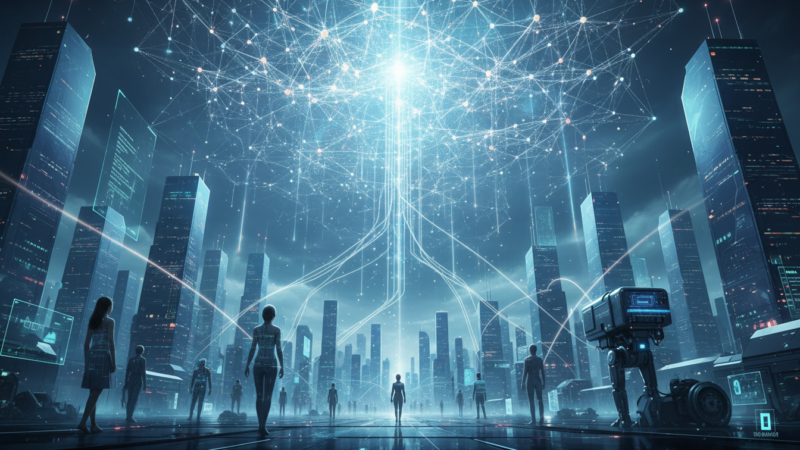Artificial Intelligence (AI) is no longer just a buzzword or a distant dream—it’s a rapidly evolving technology that’s already reshaping how we live, work, and connect. From the way we manage our homes to how we learn, travel, and even care for our health, AI is quietly becoming an essential part of daily life. But what does the future hold, and how can you make the most of these advancements? Let’s explore the practical benefits, current research, and real-world examples that show how AI is set to transform our world.
Introduction: Why AI Matters Now More Than Ever
AI’s influence is everywhere, from the apps on your phone to the systems that power entire cities. As Sundar Pichai, CEO of Google, famously said, “AI is one of the most important things humanity is working on. It is more profound than electricity or fire.” The next wave of AI promises not just smarter gadgets, but a smarter, more connected society—if we use it wisely.
How to Get the Benefit of Using AI in Daily Life
To truly benefit from AI, it’s important to understand both its capabilities and its limitations. Here are some practical ways you can leverage AI today and prepare for what’s coming:
- Embrace Smart Devices: Start with AI-powered assistants like Google Assistant, Siri, or Alexa. Use them to automate routines, set reminders, control smart home devices, and even manage your calendar.
- Personalize Your Experience: Many apps and services use AI to tailor recommendations—think Netflix suggesting shows, Spotify curating playlists, or e-commerce sites recommending products. Take advantage of these features to save time and discover new interests.
- Boost Productivity: Use AI-driven tools for writing, scheduling, and data analysis. For example, AI-powered grammar checkers, meeting schedulers, and project management platforms can help you work smarter, not harder.
- Stay Informed: AI news aggregators and personalized feeds can help you keep up with topics that matter most to you, filtering out the noise and highlighting what’s relevant.
- Prioritize Privacy: Always review privacy settings and understand what data your devices collect. Opt for brands and platforms that are transparent about their AI practices.
As Dr. Fei-Fei Li, a leading AI researcher, puts it: “AI is a tool. The choice about how it gets deployed is ours.”
Smarter Homes: Living with AI Every Day
AI-powered smart homes are no longer science fiction. Today’s smart thermostats, lighting systems, and security cameras learn your habits and adjust automatically. In the near future, these systems will become even more intuitive, anticipating your needs before you even ask.
For example, imagine a home that dims the lights and plays relaxing music as you wind down for the evening, or a refrigerator that suggests healthy recipes based on what’s inside. As AI continues to evolve, expect even more seamless integration—making life safer, more comfortable, and energy-efficient.
Healthcare Revolution: From Research to Real-World Impact
AI is already making waves in healthcare, but many of the most exciting projects are still in research. Here’s how they’ll help people in the future:
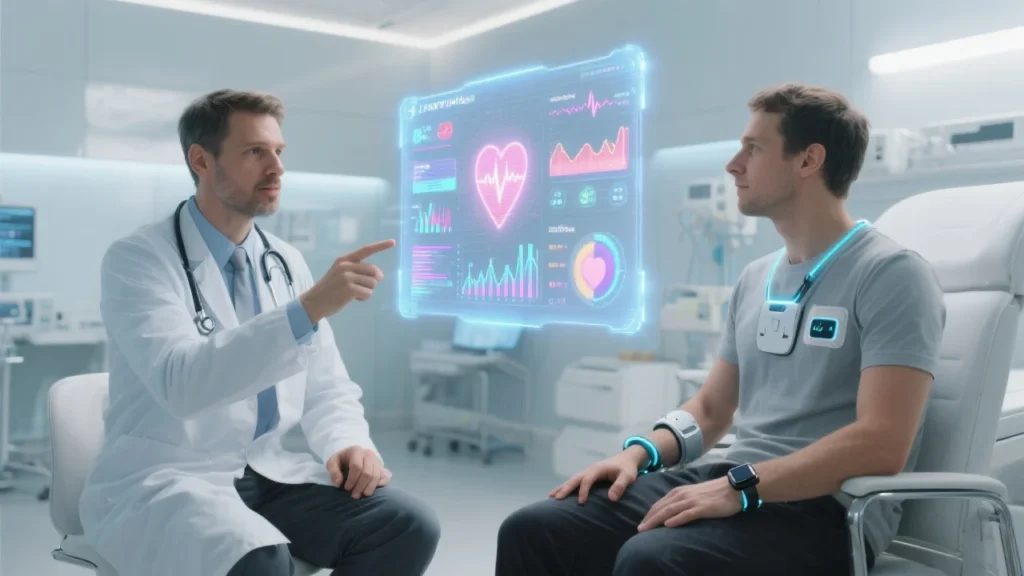
- Early Disease Detection: AI algorithms can analyze medical images and patient data to spot diseases like cancer or heart conditions earlier than ever before.
- Personalized Medicine: By studying genetic information and lifestyle data, AI can help doctors create treatment plans tailored to each individual.
- Remote Monitoring: Wearable devices powered by AI can track vital signs and alert users or doctors to potential health issues in real time.
- Drug Discovery: AI is speeding up the process of finding new medicines, potentially bringing life-saving treatments to market faster.
A recent study by the World Health Organization highlights that “AI-driven health solutions have the potential to save millions of lives by improving access and quality of care” (WHO).
Transportation: The Road Ahead
Self-driving cars and AI-powered traffic management are set to revolutionize how we move. While fully autonomous vehicles are still being perfected, pilot programs in cities around the world are already showing promise. AI can help reduce accidents, optimize routes, and even lower emissions by making traffic flow more efficiently.
Public transportation is also getting smarter. AI systems can predict passenger demand, adjust schedules, and provide real-time updates, making commutes smoother and more reliable.
Education: Learning Gets Personal
AI is transforming education by making learning more personalized and accessible. Intelligent tutoring systems adapt to each student’s pace and style, providing instant feedback and keeping learners engaged. Teachers benefit too, with AI tools that automate grading and offer insights into student progress.
As Sal Khan, founder of Khan Academy, says, “AI can help level the playing field, giving every learner a personalized path to success.”
Work and Productivity: The AI-Powered Office
AI is changing the workplace by automating repetitive tasks, analyzing data, and generating insights that help teams make better decisions. Tools like chatbots, virtual assistants, and AI-driven analytics platforms are freeing up employees to focus on creative and strategic work.
A McKinsey report estimates that “AI could add up to $13 trillion to the global economy by 2030, largely by boosting productivity and innovation” (McKinsey).
Current AI Research Projects: What’s Coming Next?
Many groundbreaking AI projects are still in the research phase, but they hold incredible promise for the future:
- AI for Climate Change: Researchers are using AI to model climate patterns, predict natural disasters, and develop sustainable energy solutions.
- AI in Agriculture: Projects are underway to use AI for crop monitoring, pest detection, and precision farming, helping to feed a growing global population.
- AI for Accessibility: New tools are being developed to help people with disabilities, such as AI-powered speech recognition for the hearing impaired or smart navigation aids for the visually impaired.
- AI in Mental Health: Experimental AI chatbots and virtual therapists are being tested to provide support and early intervention for mental health challenges.
These projects may not be widely available yet, but they’re paving the way for a future where AI benefits everyone.
Ethical Considerations: Navigating the Challenges
With great power comes great responsibility. As AI becomes more integrated into our lives, it’s essential to address ethical concerns:
- Privacy: Protecting personal data and ensuring transparency in how it’s used.
- Bias: Making sure AI systems are fair and don’t reinforce existing inequalities.
- Accountability: Establishing clear guidelines for who is responsible when AI makes mistakes.
As Timnit Gebru, a leading AI ethicist, reminds us: “We must ensure that AI systems are fair, accountable, and designed with human values at their core.”
Real-Life Examples: AI in Action
- Smart kitchens that suggest recipes and track expiration dates.
- AI-powered language learning apps that adapt to your progress.
- Virtual health assistants that remind you to take medication and schedule check-ups.
- AI-driven financial tools that help you budget and invest wisely.
Key Areas Where AI Is Transforming Daily Life
| Area | AI Application Example | Impact on Daily Life |
|---|---|---|
| Home | Smart thermostats, voice assistants | Comfort, energy savings, security |
| Healthcare | Wearable monitors, diagnostic AI | Early detection, personalized care |
| Transportation | Self-driving cars, traffic AI | Safety, efficiency, less congestion |
| Education | Adaptive learning platforms | Personalized, engaging learning |
| Work | Automated analytics, chatbots | Productivity, better decisions |
| Research | Climate modeling, accessibility tools | Sustainability, inclusion |
Frequently Asked Questions (FAQ)
Q1: How can I start using AI in my daily life?
Begin with smart assistants, personalized apps, and productivity tools. Explore features in your devices and stay updated on new AI-powered services.
Q2: Are there risks to using AI at home or work?
While AI offers many benefits, it’s important to manage privacy settings, use trusted brands, and stay informed about how your data is used.
Q3: What are some exciting AI projects in development?
AI for climate change, agriculture, accessibility, and mental health are just a few areas where research is paving the way for future breakthroughs.
Q4: Will AI replace human jobs?
AI will automate some tasks but is more likely to augment human work, creating new opportunities that require creativity, empathy, and problem-solving.
Q5: How can we ensure AI is used ethically?
Support transparent, fair, and accountable AI systems. Advocate for regulations and choose products from companies that prioritize ethical practices.
Conclusion: Embracing the AI-Enhanced Future
The future of AI in everyday life is full of promise. By understanding how to use AI wisely, staying informed about new developments, and advocating for ethical practices, we can harness this technology to create a smarter, healthier, and more inclusive world.
The journey is just beginning—are you ready to be part of it?

